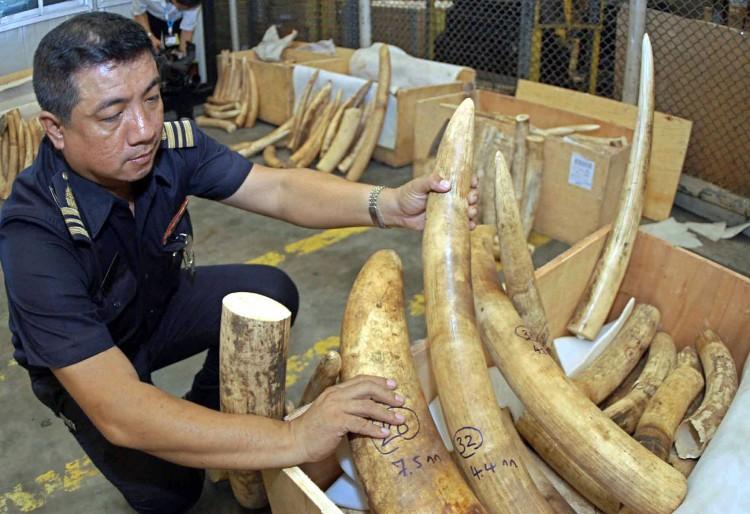Asian countries including Vietnam, Thailand, and China are fueling demand for rhinocero horns, elephant tusks, and tiger parts, conservation group World Wildlife Fund (WWF) said in a report Tuesday.
The WWF said Vietnam did particularly poorly, receiving “two red scores”—out of green, yellow, or red—for tigers and rhinos, and was dubbed “as the top destination country for rhino horn, which has fueled a poaching crisis in South Africa.”
Last year, a record was set for the number of rhinos killed in South Africa, 448. This year, 262 rhinos have already been killed, and this number is on track to outpace last year’s record.
“It is time for Vietnam to face the fact that its illegal consumption of rhino horn is driving the widespread poaching of endangered rhinos in Africa, and that it must crack down on the illegal rhino horn trade,” stated Elisabeth McLellan, the global species manager at WWF.
Vietnam should immediately “curtail retail markets, including Internet advertising for horn” and look into its penalty system, she added.
The report evaluated 23 African and Asian nations that face high levels of poaching and trafficking of parts belonging to those three animals, with some nations doing better than others. All the nations reviewed were found to have illegal trade practices.






